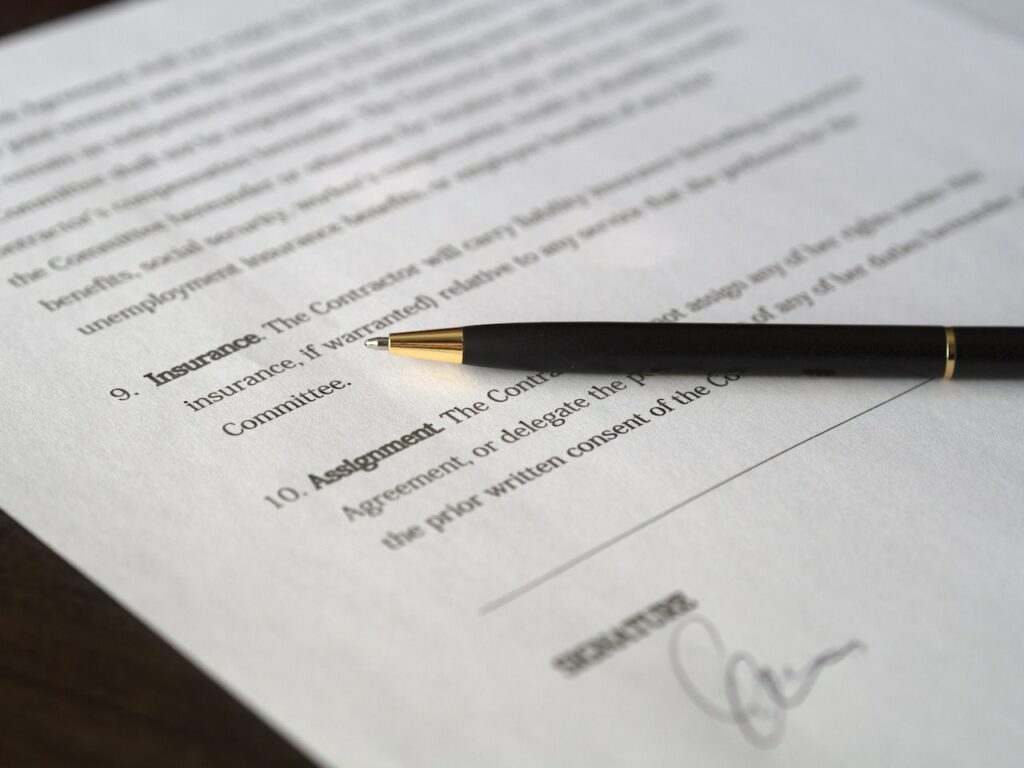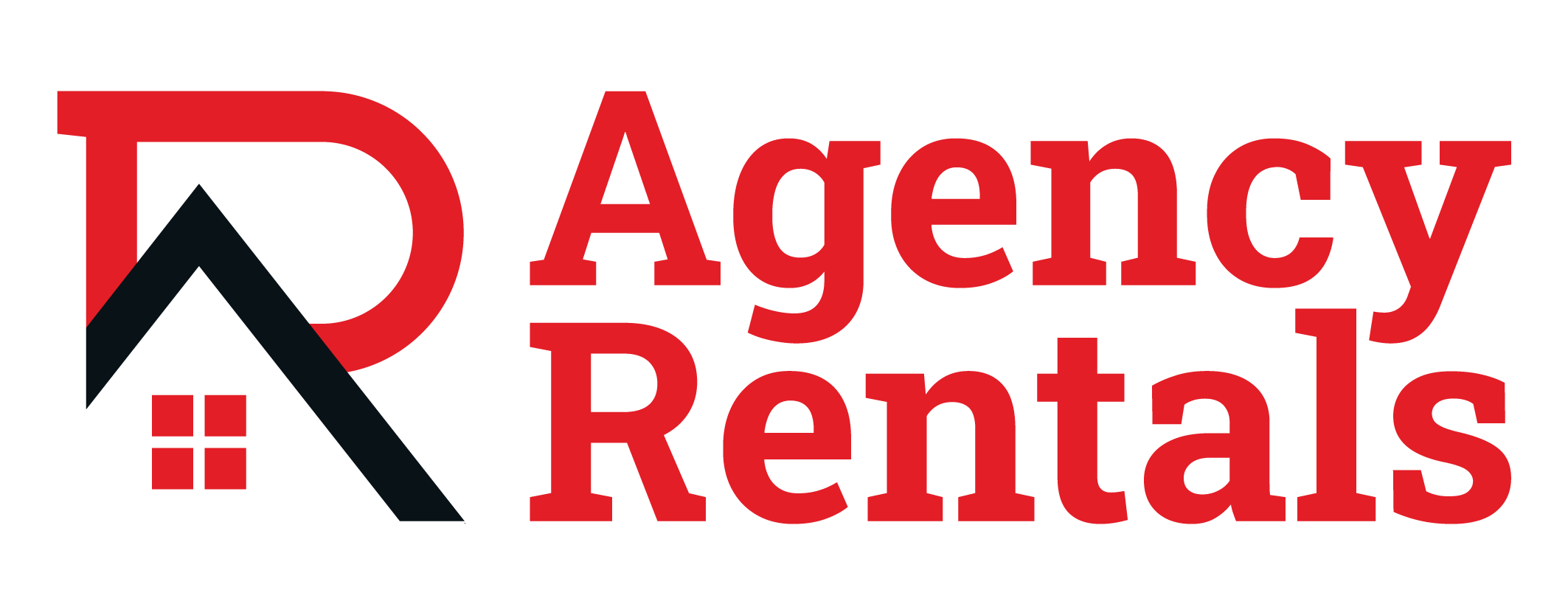
Preventing Problems, Finding Solutions: A Guide to Navigating Landlord-Tenant Disputes
Landlord-tenant disputes can be a challenging and stressful experience for both parties involved. These disputes can arise from a variety of issues such as rent payments, property maintenance, and breaches of the rental agreement. In order to successfully navigate these disputes, it’s essential to understand your rights and responsibilities as a landlord or tenant, and to follow the appropriate steps for resolution.
The importance of successful dispute resolution cannot be overstated. Not only can disputes cause financial stress and legal costs, but they can also damage the relationship between the landlord and tenant. This can lead to further disputes in the future and make it difficult for both parties to resolve conflicts.
In this blog, we will provide tips for successfully navigating landlord-tenant disputes. These tips will cover key elements of the rental agreement, effective communication, legal advice, alternative dispute resolution, and understanding the law. By following these guidelines, landlords and tenants can successfully resolve disputes and maintain positive relationships.
Understanding the Rental Agreement

The rental agreement is the cornerstone of the landlord-tenant relationship. It outlines the terms and conditions of the rental agreement, including the rental amount, payment due date, and the responsibilities of both the landlord and tenant.
It is important to have a clearly written agreement that both parties understand. This will help to avoid misunderstandings and disputes down the road. Key elements of a rental agreement include the rental amount, payment due date, security deposit amount, and any specific terms and conditions, such as pet policies or smoking restrictions.
When reviewing the rental agreement, it’s important to understand what each section means and to ask for clarification if needed. This will help to ensure that both parties are on the same page and that the agreement is enforceable.
In addition, it’s important to keep a copy of the rental agreement in a safe place and to refer to it if a dispute arises. This can help to resolve the dispute quickly and effectively by providing clear and concise information about the terms and conditions of the rental agreement.
Understanding the rental agreement is the first step in successfully navigating landlord-tenant disputes. By having a clearly written agreement and staying informed about its contents, both parties can avoid misunderstandings and resolve disputes more efficiently.
Communication is Key
Communication is essential when it comes to resolving disputes between landlords and tenants. Open and clear communication can help to avoid misunderstandings and prevent disputes from escalating.
As a landlord, it is important to approach a conversation with a tenant in a calm and professional manner. Listen to the tenant’s concerns and acknowledge their perspective. This will help to establish trust and respect between the two parties, making it easier to resolve the dispute.
When communicating with a tenant, it’s important to be clear and concise. This can help to avoid confusion and ensure that both parties are on the same page. If necessary, put the conversation in writing to ensure that both parties have a clear record of what was discussed.
Effective communication skills can also be helpful in conflict resolution. For example, active listening, empathy, and using “I” statements can help to de-escalate the situation and find a mutually acceptable solution.
Communication is a critical component in successfully navigating landlord-tenant disputes. By establishing open and clear communication and using effective conflict resolution skills, landlords and tenants can resolve disputes and maintain a positive relationship.
Seek Legal Advice

In some cases, landlord-tenant disputes may require legal intervention. If a dispute arises, it’s important to seek the advice of a reputable lawyer who specializes in landlord-tenant law.
A lawyer can help to interpret the rental agreement and provide guidance on the rights and responsibilities of both parties. They can also advise on the best course of action for resolving the dispute, whether it be through mediation, alternative dispute resolution, or court proceedings.
It’s important to seek legal advice early on in the process, as this can help to avoid costly legal fees and ensure that the dispute is resolved as quickly and efficiently as possible.
When selecting a lawyer, it’s important to find someone who has experience in landlord-tenant law and a positive track record. You can ask for recommendations from friends or family members, or search for a lawyer through professional organizations such as the American Bar Association.
Seeking legal advice can be an important step in successfully navigating landlord-tenant disputes. By finding a reputable lawyer, landlords and tenants can get the legal guidance they need to resolve disputes and protect their rights.
Mediation and Alternative Dispute Resolution
Mediation and alternative dispute resolution (ADR) are effective methods for resolving landlord-tenant disputes. These methods allow both parties to come together and discuss their concerns in a neutral and collaborative environment, with the goal of finding a mutually acceptable solution.
Mediation
Mediation is a process where a neutral third party, known as a mediator, facilitates discussions between the landlord and tenant. The mediator acts as a facilitator, helping both parties to understand each other’s perspectives and to reach a mutually acceptable solution.
Alternative Dispute Resolution (ADR)
ADR is a more formal process that involves a neutral third party, such as an arbitrator, who makes a binding decision on the dispute. This process is faster and less expensive than going to court, and can often result in a quicker resolution of the dispute.
Both mediation and ADR are confidential and non-binding, meaning that both parties retain the right to pursue other avenues of dispute resolution if they are not satisfied with the outcome.
Mediation and ADR are effective methods for resolving landlord-tenant disputes. By allowing both parties to come together and discuss their concerns in a neutral and collaborative environment, these methods can help to avoid costly legal fees and ensure that the dispute is resolved quickly and efficiently.
Know the Law

Knowing the law is an important part of successfully navigating landlord-tenant disputes. Both landlords and tenants have rights and responsibilities under the law, and understanding these rights can help to prevent disputes from escalating.
It is important to familiarize yourself with the relevant state and local laws, including the Uniform Residential Landlord and Tenant Act (URLTA) and the Fair Housing Act. These laws outline the rights and responsibilities of both landlords and tenants and provide guidance on how disputes should be handled.
For example, the URLTA sets forth the terms of the rental agreement, including the rental amount, payment due date, and security deposit amount. The Fair Housing Act prohibits discrimination in housing on the basis of race, color, religion, national origin, gender, family status, and disability.
It is also important to understand the laws and regulations surrounding evictions, security deposits, and repairs and maintenance. These laws can vary from state to state, so it’s important to research the specific laws in your area to ensure that you are in compliance.
Knowing the law is an essential part of successfully navigating landlord-tenant disputes. By understanding the rights and responsibilities of both parties, landlords and tenants can resolve disputes in a fair and effective manner.
Hawaii Residential Landlord-Tenant Code
Conclusion
In conclusion, successfully navigating landlord-tenant disputes requires understanding the rental agreement, effective communication, seeking legal advice, utilizing alternative dispute resolution, and knowing the law. By following these tips, landlords and tenants can resolve disputes in a fair and efficient manner, and maintain a positive relationship.
If you’re a landlord in Honolulu and need help managing your property, consider contacting Agency Rentals. Our team of experienced property managers has a deep understanding of the laws and regulations surrounding landlord-tenant disputes and can provide guidance on how to resolve disputes effectively. Whether you need help with rent collection, property maintenance, or dispute resolution, Agency Rentals is here to help. Contact us today to learn more about our property management services.
